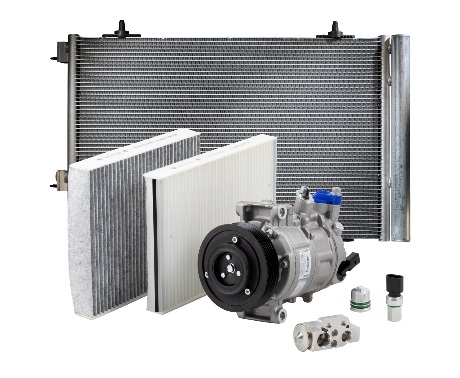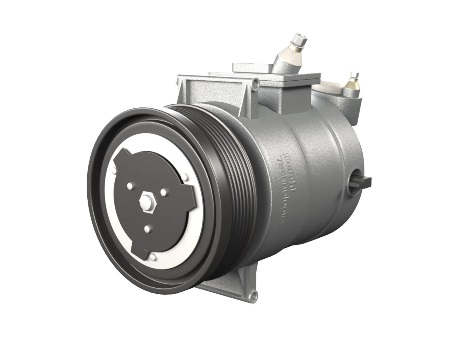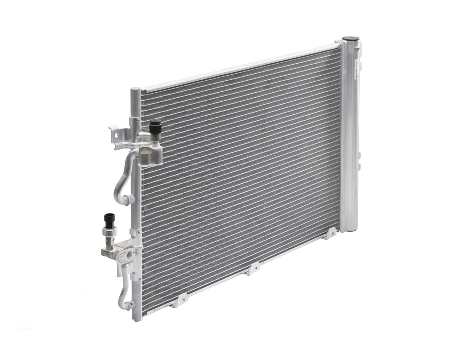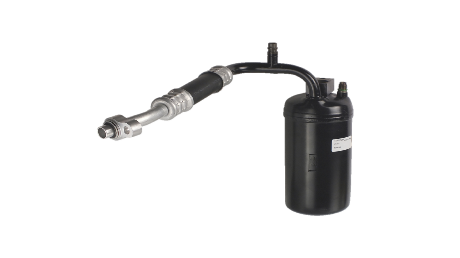Cabin Air Filters

High-performance media
All our cabin air filters use a high-performance, non-woven fabric to eliminate dust, pollen, bacteria and exhaust particles, amongst others. The specially designed filter fabric contains up to five individual layers, removing near 100 percent of harmful pollutants.
Enhanced protection
Over time moisture can build up in the filter and become a feeding ground for bacteria and mould. This can then spread into the lines of the HVAC system, where it emits unpleasant odours. For the ultimate protection from this and other pollutants, we also offer a range of carbon activated filters. Our carbon activated filters feature the same high quality, non-woven fabric as our particle filters, with the addition of a layer of activated carbon. Sandwiched between two layers of fleece, this highly effective technology removes more pollutants than standard filters, and expels nasty gases and smells too.
The Delphi Difference
-
100 years of OE experience, supplier to the world’s top automakers
-
OE heritage and knowledge built into every aftermarket part
-
Comprehensive portfolio for a wide range of vehicles and model years
-
Streamlined SKUs for easy inventory management
-
Support through tools, tips and training

Related product resources and downloads
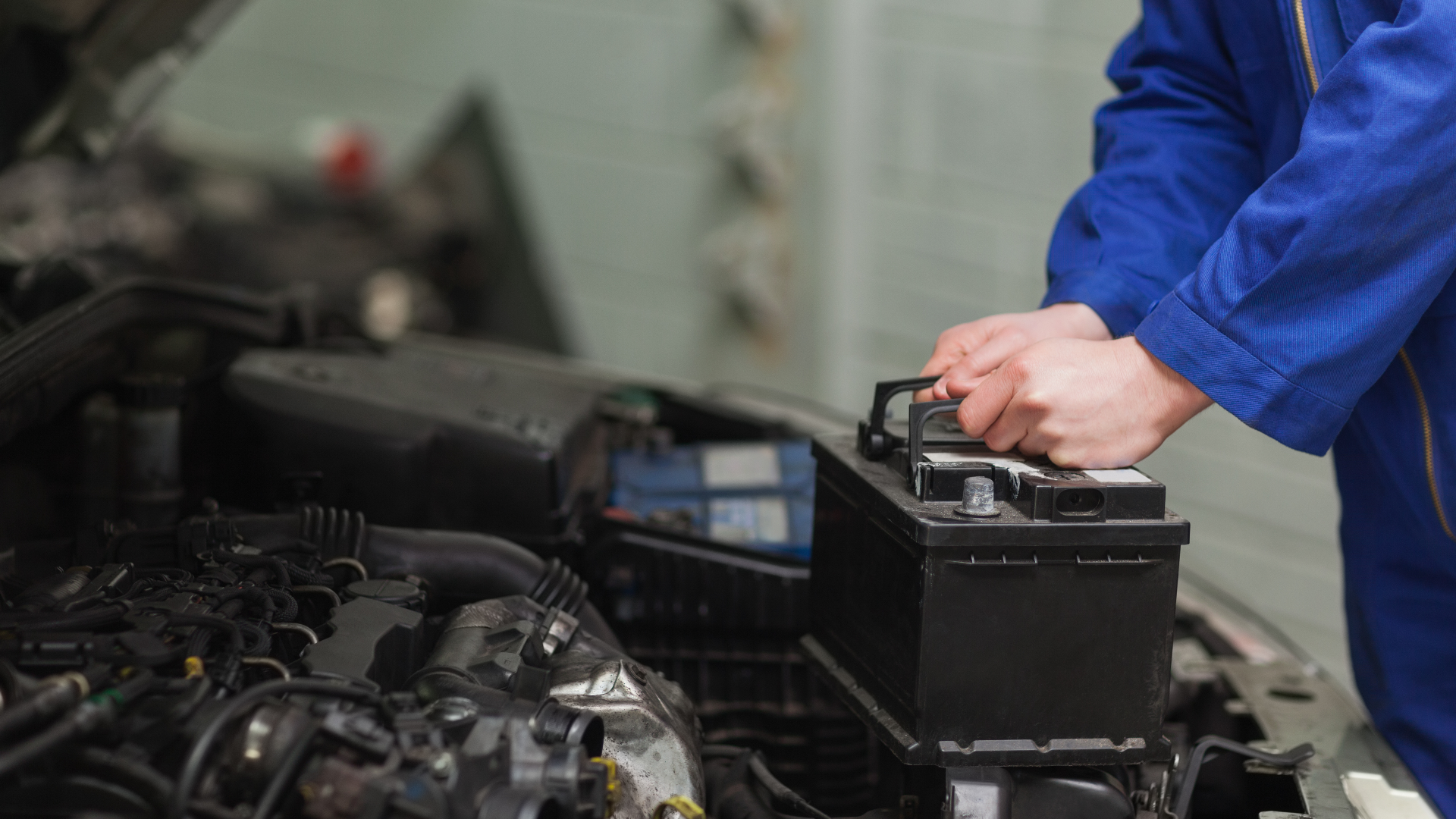
Resource Highlights
In this article you will find information about compressor oil and the main types of oil. Choosing the wrong type of oil can negatively affect both the performance and longevity of the compressor. Also, for the optimum performance, it is crucial to use just the right amount of oil too – a process known as oil balancing. To save the time and effort of having to do this, most Delphi’s compressors come pre-filled with the correct amount of oil.
Compressor oil, also known as refrigerant oil, is vital to the operation of the air conditioning (A/C) system. Not only does it lubricate the compressor’s internal components, but it also acts as a sealing agent for rubber components such as hoses and seals, absorbs heat, and in some hybrid vehicles, prevents electrical damage to the compressor.
To ensure compatibility with the many materials in these systems, it’s important to only ever use the right quality of oil, and in the right quantity. But do you know the difference between the various types of oil, and how and when they should be used? Let us help you make the right choice.

There are four main types of oil and their usage largely depends on what type of refrigerant is in the system, and what the compressor manufacturer stipulates, as follows:
- PAG oil:
- Mineral oil:
- POE oil:
- PAO oil:
Polyalkylene Glycol or PAG oil is a man-made lubricant used in both R134a systems and the latest R1234yf. There are several types of PAG oil based on the viscosity of the oil -- PAG46, PAG100 and PAG150 -- and the type of refrigerant it is designed for. Unfortunately PAG is hygroscopic, meaning it attracts and retains moisture from within the A/C system or atmosphere. When PAG oil and moisture mix, they react, creating an acid that can corrode and damage system related components. For this reason, PAG oil should never be used to lubricate O-rings, compressor shaft seals or refrigerant line joints. More important, it should also never be used in hybrid vehicles as the oil is electrically conductive.
Mineral refrigerant oil, also known as Alkyl Benzene Oil, was the default option up until HFC refrigerants became common place. Today it is still used in older R-12 refrigerant systems. And because it does not absorb moisture, it is also used to lubricate O-rings and seals in both R-12 and R134a systems.
Polyolester, ester or POE oil, has also been around for some time, however, up until now it has not been recommended by many manufacturers because it does not perform well in high heat, load conditions and it absorbs moisture. The one exception is hybrid vehicles with an electrically-driven compressor. POE oil has greater insulating properties than PAG and can help to protect the insulation on the windings, preventing electrical leakage. Using the wrong oil in hybrid vehicles may allow current to short circuit back through the A/C compressor, creating a shock hazard.
Polyalphaolefin- or PAO-based oil is a multi-grade synthetic oil. Compatible with many lubricants and refrigerants, it is intended for universal application and is sometimes used as a substitute for certain PAG oils if approved by the compressor manufacturer.
Choosing the wrong type of oil can negatively affect both the performance and longevity of the compressor. In fact, using the wrong type of oil is one of the biggest causes of failure in a newly installed compressor. But it’s not just the quality that’s important.
For the optimum performance, it is crucial to use just the right amount of oil too – a process known as oil balancing. Too little and the compressor will be starved of lubrication, creating friction and a build-up of heat. This will accelerate wear
and tear of its key components – another cause of compressor failure -- and place unnecessary strain on the entire system. Too much and the system’s cooling performance will be compromised.

When performing a compressor oil balance, it’s important to always follow the instructions provided with the compressor or in the vehicle service manual, to know how much oil to add prior to installation. Most times this will involve draining and measuring the oil from the failed compressor, then adding a specific volume of new oil to the replacement compressor. This can vary from a full charge of oil (236 ml), to a half charge of oil or no oil at all.
To save the time and effort of having to do this, most Delphi’s compressors come pre-filled with the correct amount of oil. Popular compressors like the TSP0155997, fitted to key applications such as VW Golf, Beetle, Seat Ibiza, Leon, and Audi A1, A3 are also filled with a new oil that is compatible with both R134a and R1234yf refrigerants. Known as PS-R1, the polyether contains additional additives to protect against wear, oxidation and corrosion etc and offers excellent lubricity, thermal and chemical stability, making it ideal for both refrigerants. This, coupled with the fact that the compressor is pre-filled, will help to ensure a best-practice repair, whilst saving garages both time and money.

Visit our Technician Library for access to Documents and Downloads
Get in touch
The full Delphi Air Conditioning product range
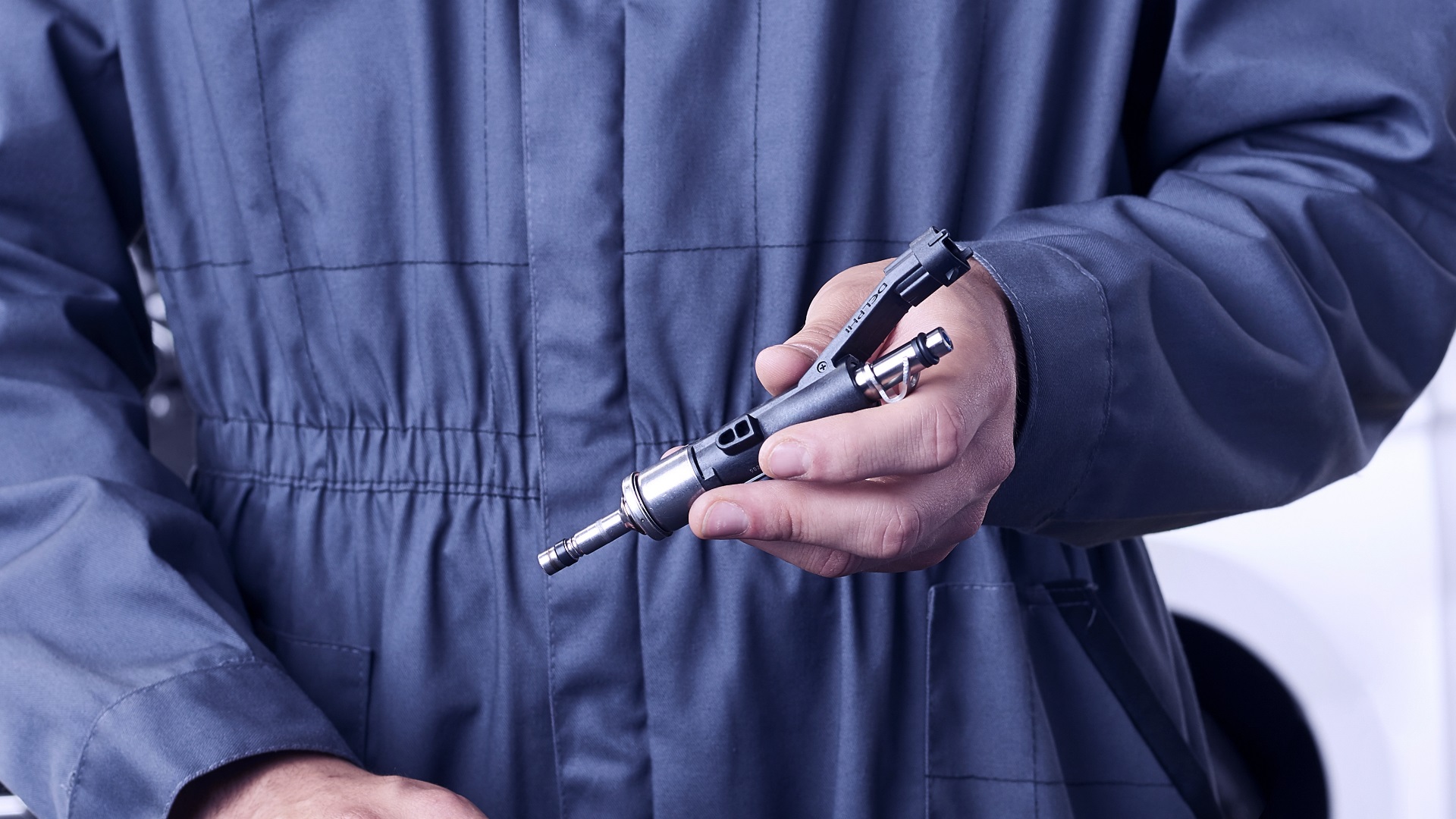
Find out where to buy Delphi parts

.tmb-460w.jpg?Culture=en-GB&sfvrsn=c70917c0_6)
